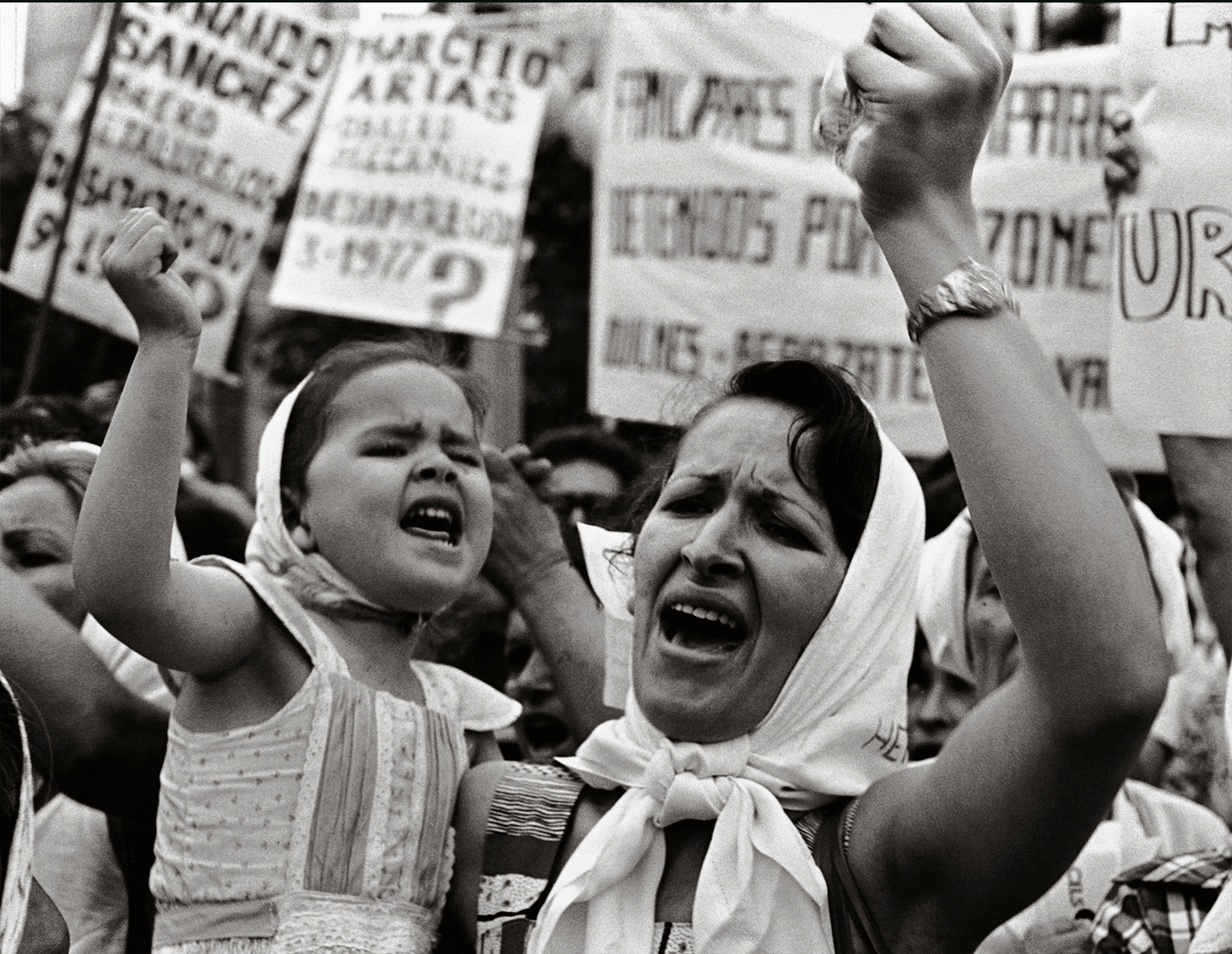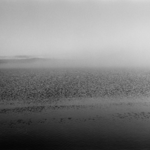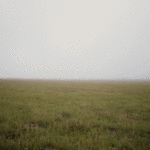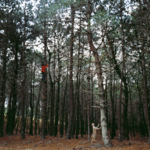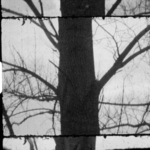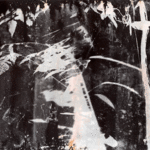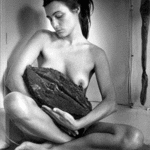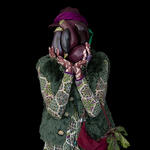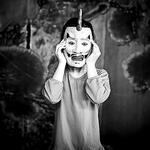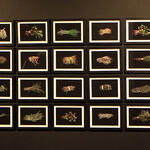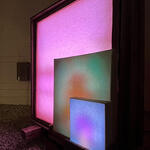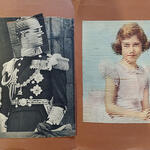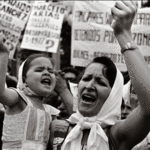Adriana Lestido uses the image as a vehicle to understand the mystery of human relationships with their environment. Works that have an impact as a social testimony but at the same time, it is the strong imprint of the artist’s sensitivity, which humanizes the stories, bringing them intimately closer, portraying emotions. It is within this dynamic that Lestido’s work establishes a bond with what she photographs on the distant, almost like a chronicler who documents behind the camera and on the other hand, shortening that distance by committing herself putting her own body into the action of the investigation, getting in contact with the protagonists of her works – generally women -, becoming part of the environments she registers. From her black and white images, austere, frank, devoid of any type of “makeup” or embellishment, Adriana Lestido exercises a heartfelt point of view through which she reveals concrete life stories, experiences of joys and sorrows, the become of nature. Perhaps her work “Madre e hija en Plaza de Mayo” (1982) or her series “Mujeres Presas” (1991-1993), “Madres e Hijas” (1995-1998) are some of her most outstanding works because of their overwhelming visual forcefulness from the aesthetic, the sensible and the formal aspects. These bodies of work show a deep dimension of feeling, of oppression, loneliness, helplessness, emptiness and insecurity, at the same time that they give birth to a new dimension of the visual experience of love and ties between human beings. Her direct, analogical photographs, with a sharp technicality in the treatment of high lights and shadows, subtract the grays, neutrals and diffuse, sweeping away the details, to give enormous meaning to the darkness and the reality that she portrays. Without rules accepted with subordination or violated with arrogance, Adriana Lestido exposes us to intense encounters, to describe situations, show what is at stake and reveal the implications.


